Evidence synthesis, interpretation and dissemination
Module 5
In this module
This module contains four sessions: 1) introducing how to access and synthesize available qualitative and quantitative evidence (Session 5.1), 2) covering how to transform social science data into findings useful for influencing policy and practice (Session 5.2), 3) presenting findings to different audiences (Session 5.3), and 4) describing different approaches and case examples of how to share findings with affected communities in support of local decision-making (Session 5.4).
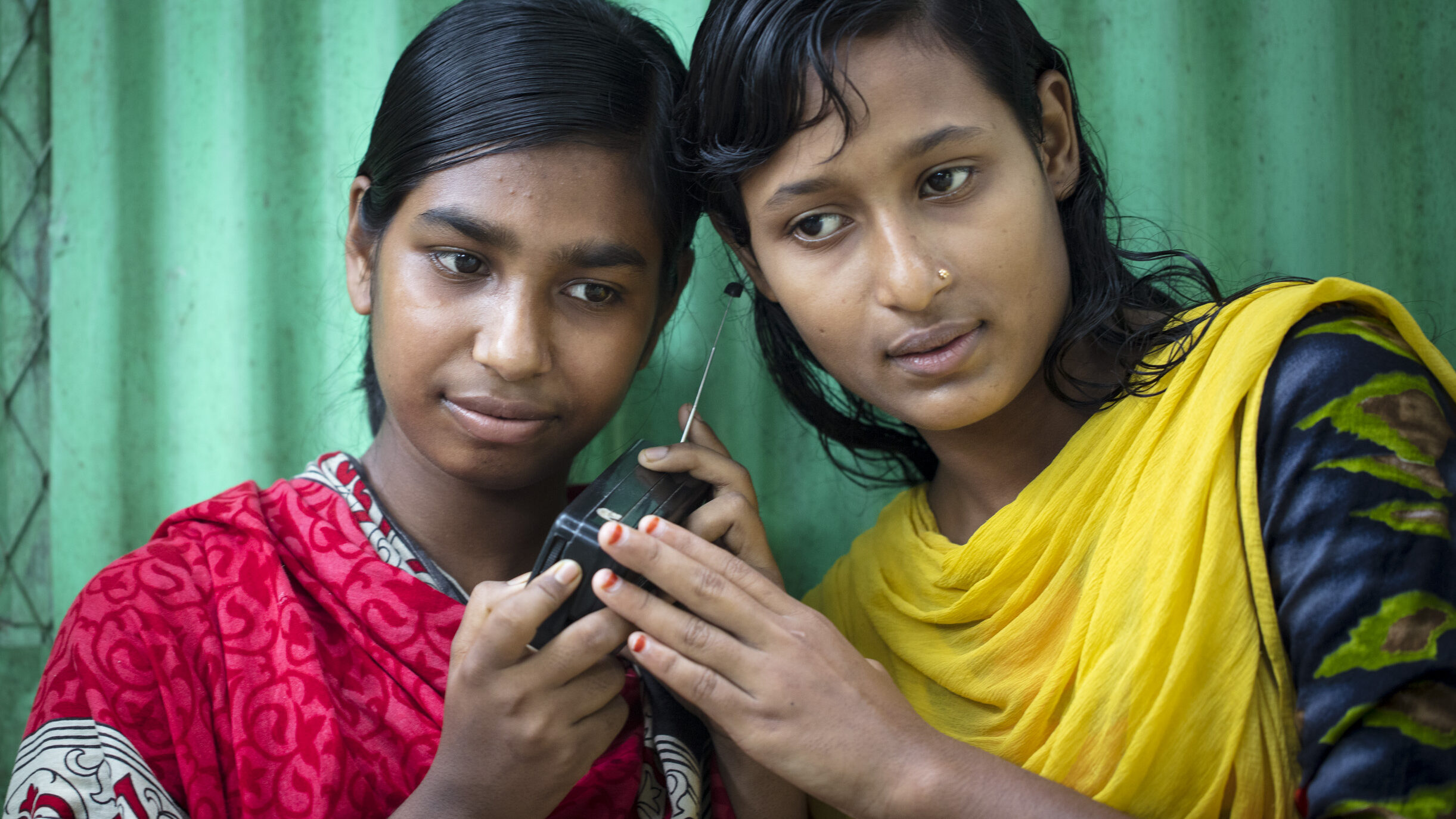
5.1
Evidence synthesis
for social and behavioural data
Content
This session presents ways to access relevant data and information required to undertake an evidence synthesis, and then approaches to synthesizing qualitative evidence from those different sources. It then covers a practical example of synthesizing qualitative and quantitative data in the context of a humanitarian emergency.
Learning outcomes:
- Be able to identify, access and assess evidence from different sources to inform strategies and decision making
- Become familiar with the steps to effectively synthesize qualitative evidence
- Understand the opportunities and challenges for synthesizing qualitative and quantitative evidence in an emergency context
Duration: 125 minutes
Materials
Additional materials
5.2
How to transform social science data and evidence into actionable findings
Content
This session covers how to effectively design research and transform social science data and evidence into findings that can be used to influence policy and practice.
Learning outcomes:
- Be able to design research that lays the foundation for actionable findings
- Know how to draw out what research findings actually mean in a way that is helpful to community engagement and/or communications activities
- Be able to transform data into useful knowledge and actionable recommendations
Duration: 105 minutes
Materials
5.3
How to communicate and present research to different audiences
Content
This session covers how to effectively design research and transform social science data and evidence into findings that can be used to influence policy and practice.
Learning outcomes:
- Become familiar with different products and channels for communicating social science evidence
- Know how to understand and map different stakeholders, including intended users of the research findings and recommendations
Duration: 190 minutes
Materials
Additional materials
5.4
Feeding back to communities and using findings to support community-level solutions and actions
Content
This session describes the different approaches used to share research findings back with communities through a range of case examples. It explains what is needed to ensure this feedback supports the decision-making and action of communities affected by an emergency.
Learning outcomes:
- Understand the need to feed research findings back to communities and the many benefits of doing so
- Be able to design research processes that incorporate a plan to share findings back to communities in a way that supports community-level solutions and actions and addressing power differentials
Duration: 100 minutes
Materials
Modules
The training modules were developed to address key social science competency domains for those working in community engagement and/or communications related fields. Each module is made up of multiple sessions. Each individual session has a specific focus and learning outcome, which relates directly to the competency statement developed for each domain.
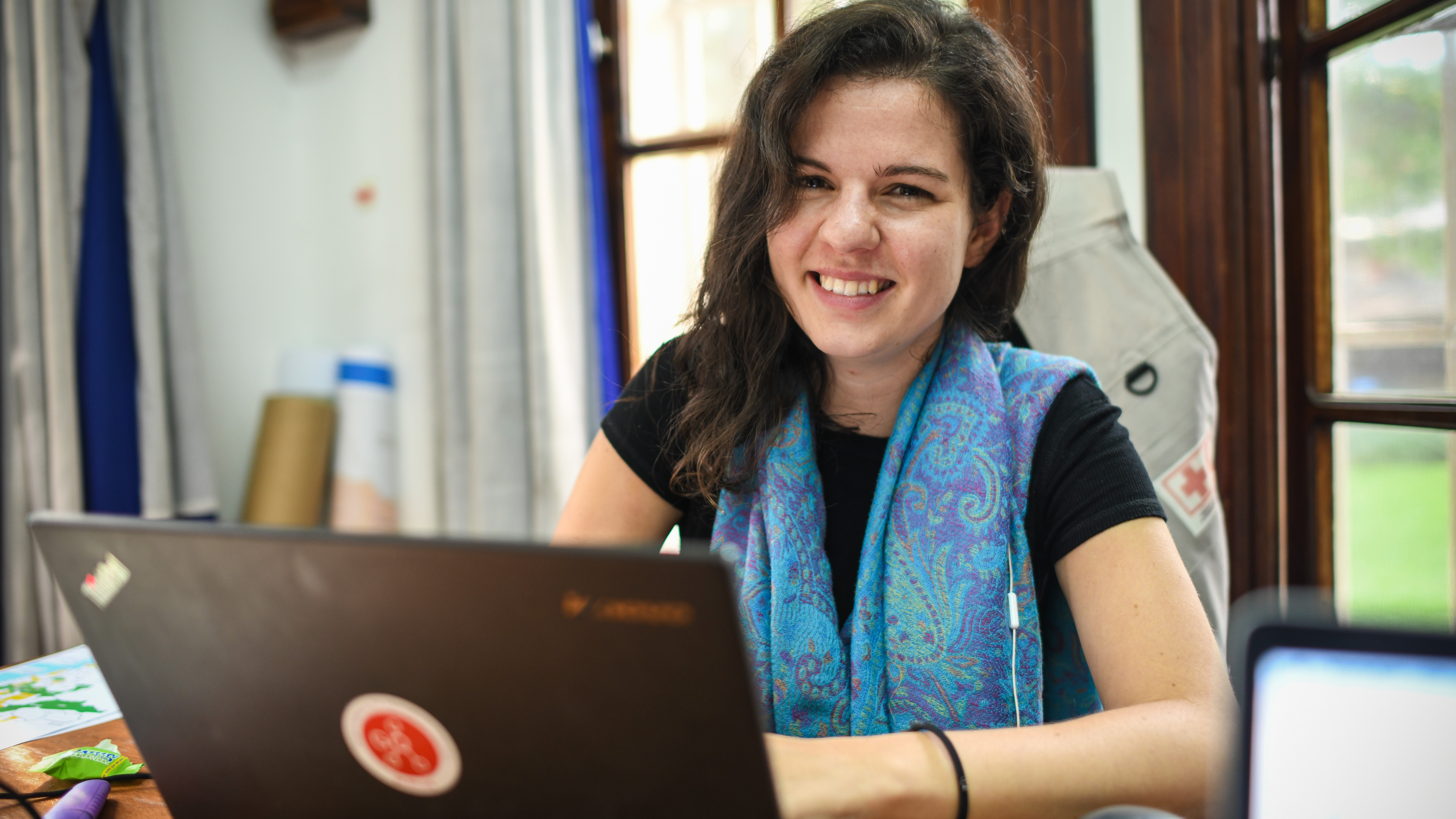
Guidance for delivering training
0
1
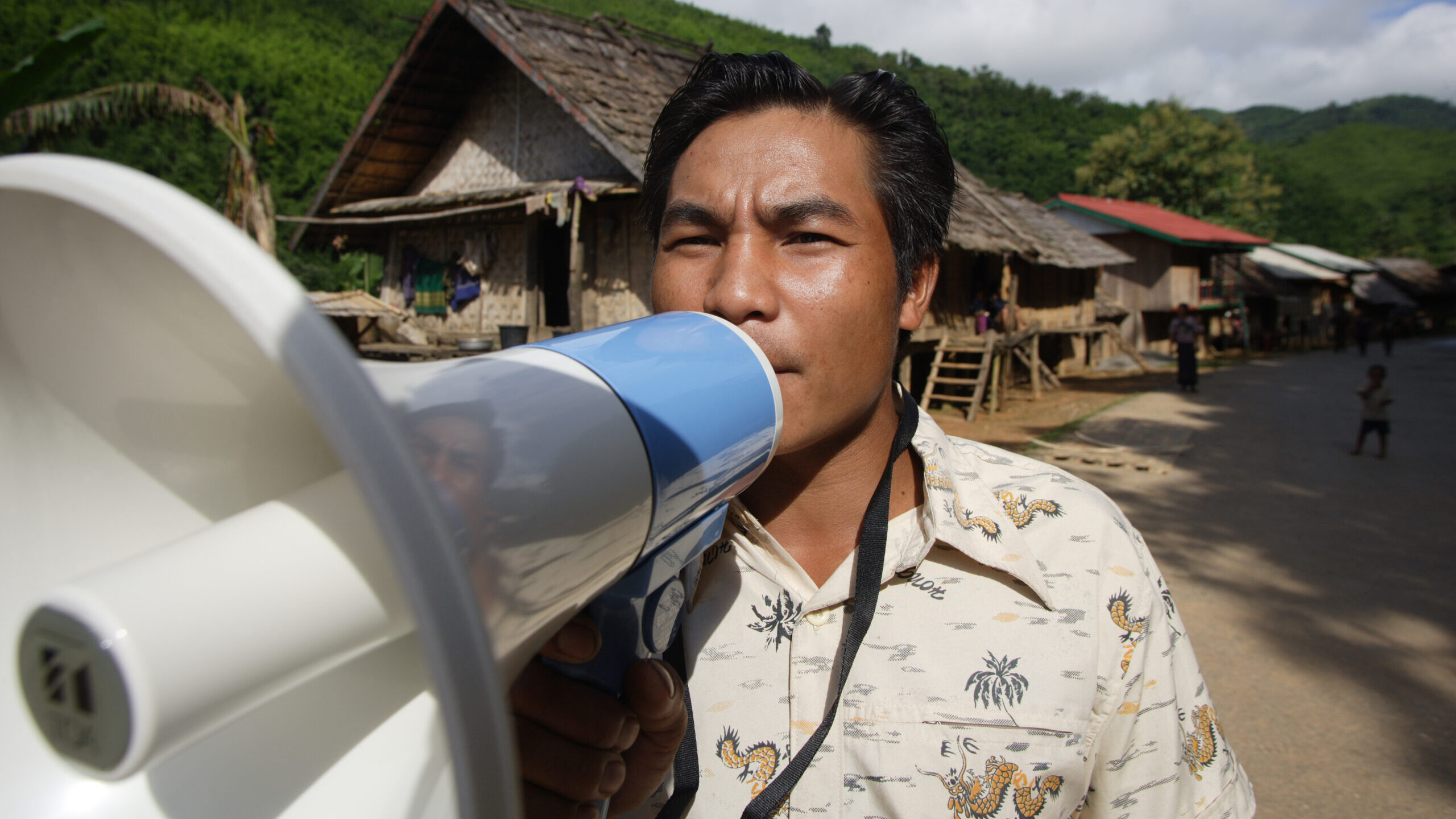
Social Science in humanitarian action and health emergencies
2
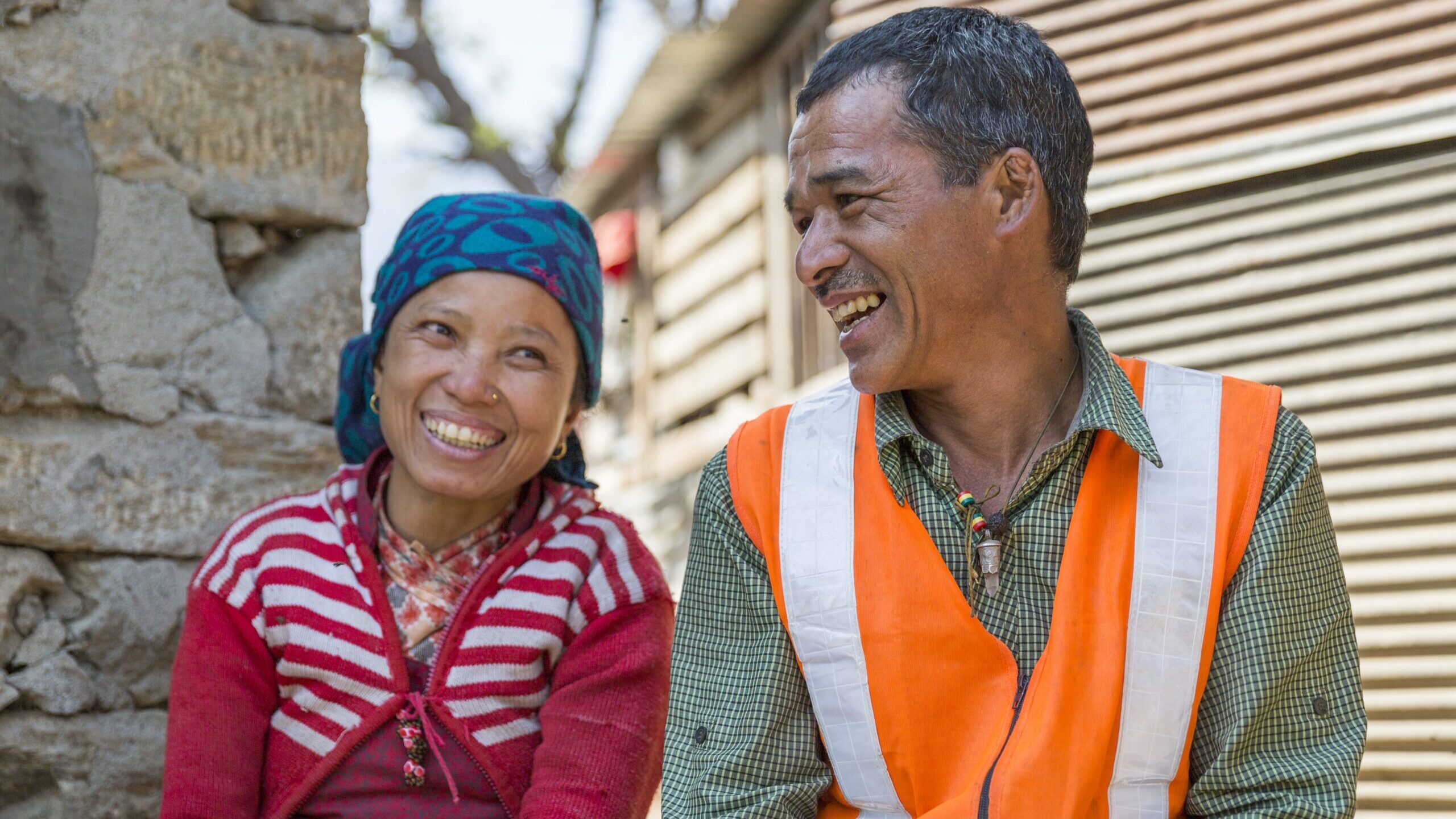
Context analysis and behavioural drivers and barriers
3

Ethics in operational research
4
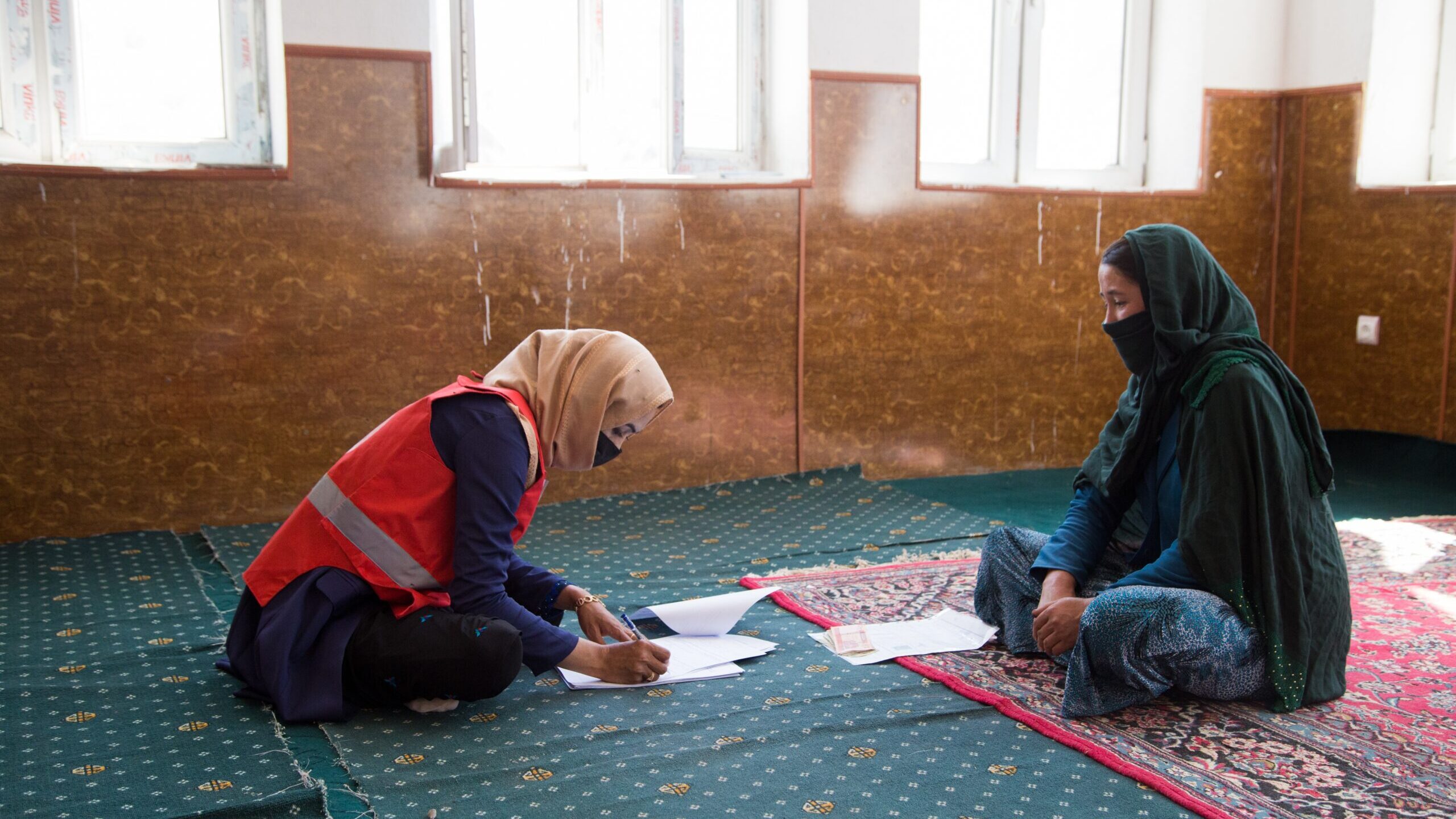
Implementation of social science research approaches
5

Evidence synthesis, interpretation and dissemination
6
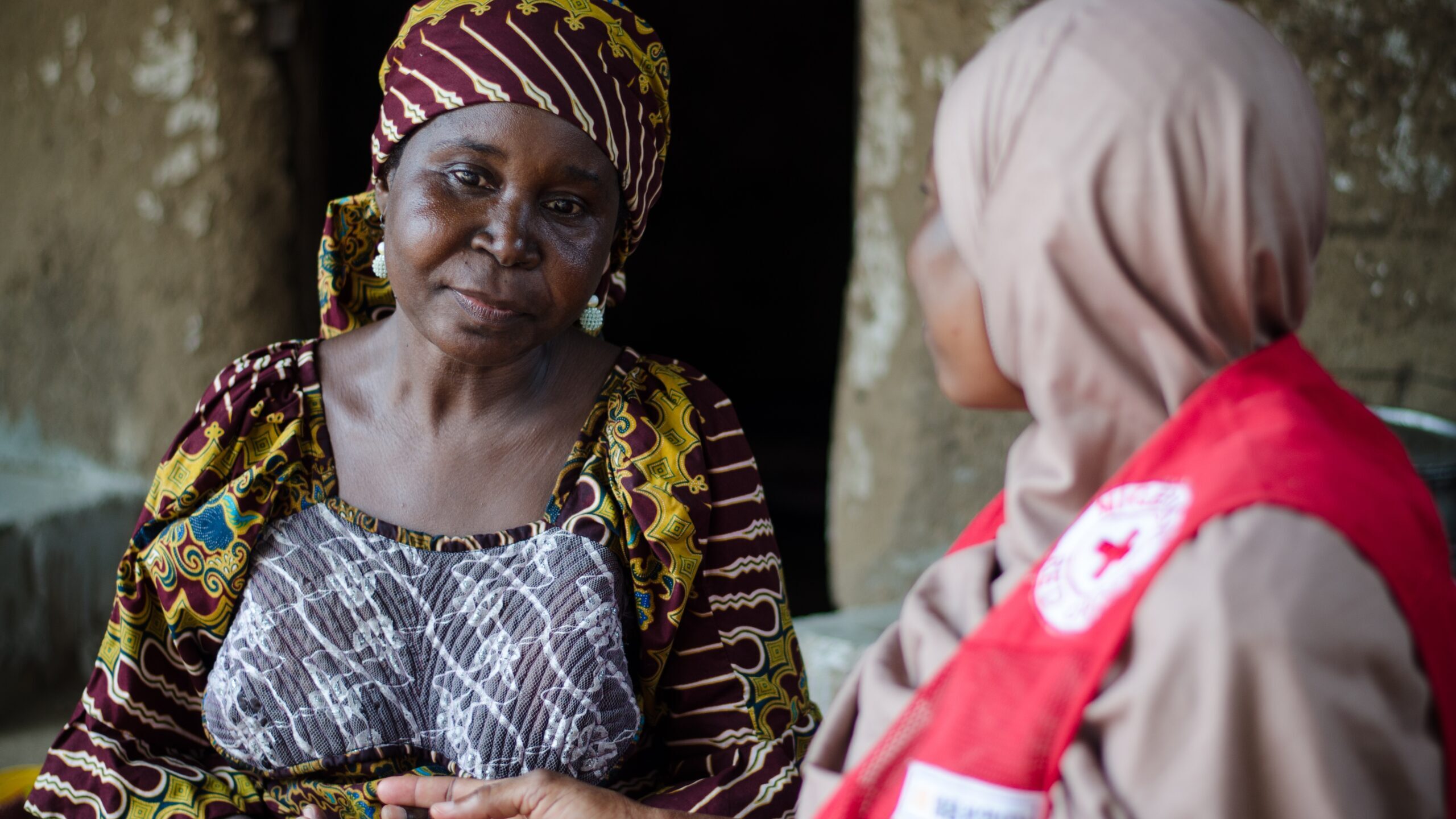
Translating knowledge to action
7
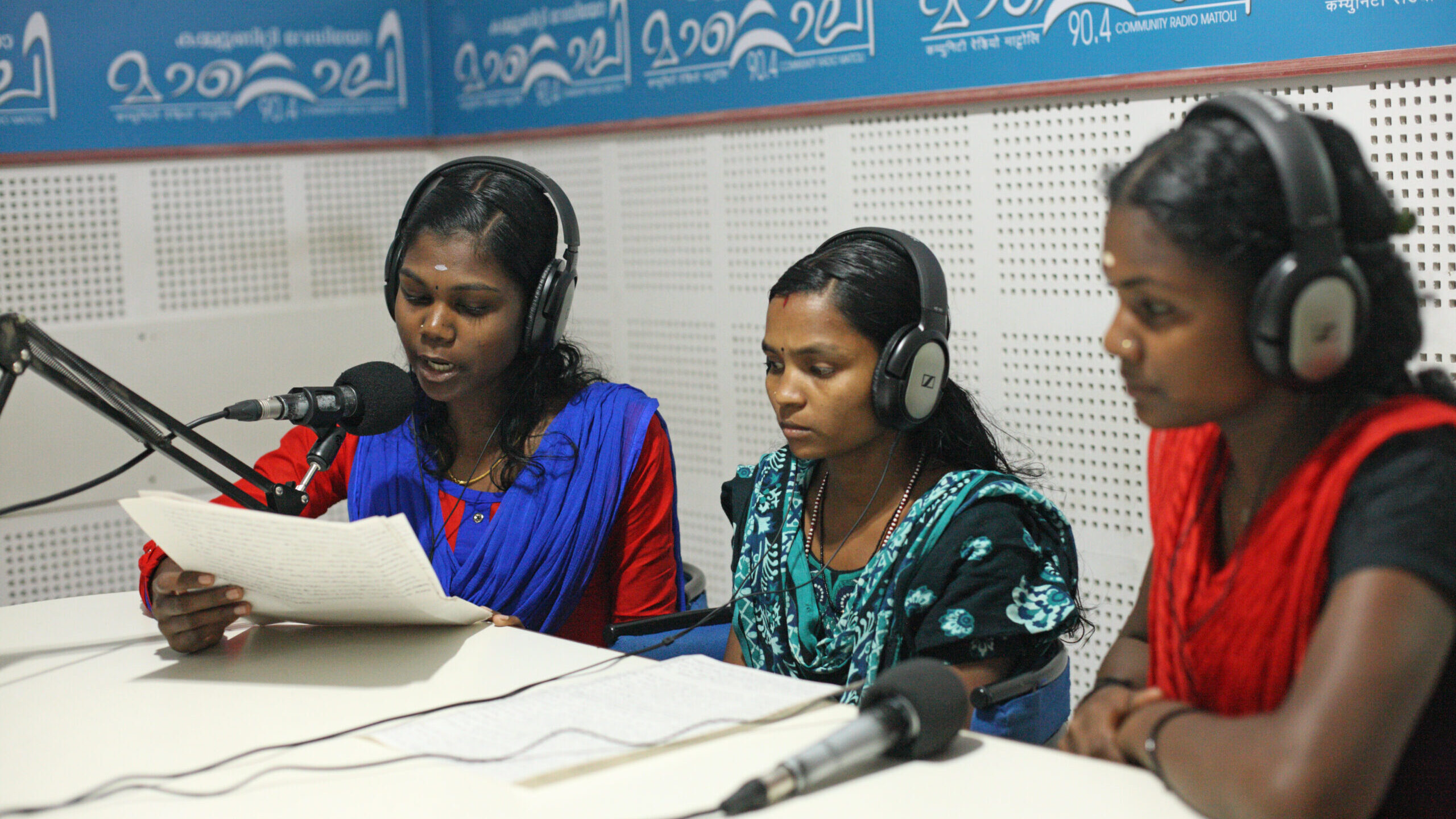
Tracking the uptake of socio-behavioural evidence
Contact
Maureen McKenna
Global Coordinator
The Collective Service
Acknowledgement
Development of this training package was led by Anthrologica for the Collective Service. The content was co-produced with partners from the Social Science in Humanitarian Action Platform (SSHAP), the Institute of Development Studies (IDS), Translators Without Borders (TWB), Médecins Sans Frontières (MSF), London School of Hygiene and Tropical Medicine (LSHTM), the International Federation of Red Cross and Red Crescent Societies (IFRC), the Rapid Research Evaluation and Appraisal Lab (RREAL) at University College London (UCL), UNICEF’s Social Science Analytics Cell (CASS), UNICEF’s Social Science for Community Engagement (SS4CE) team, the Centers for Disease Control (CDC), Oxfam and READY at Johns Hopkins University (JHU). Sincere thanks are also extended to the United Nations Volunteers (UNVs) who assisted with reviewing translated materials.

